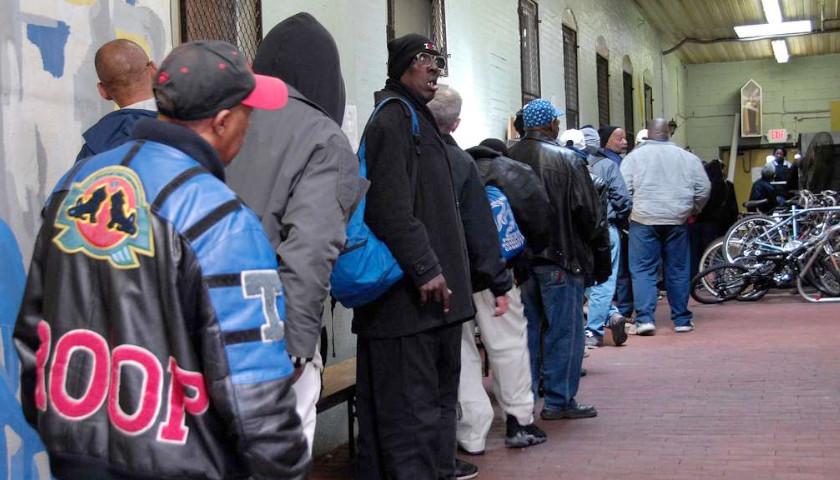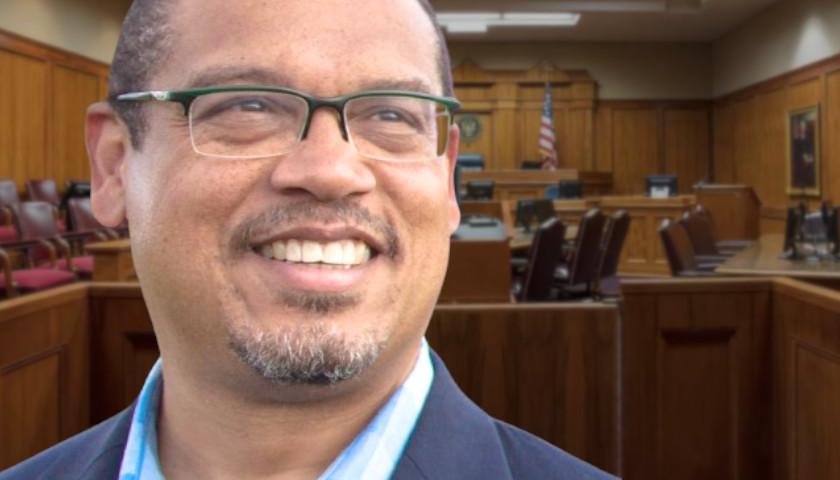by Shirleen Guerra and Tom Gantert
In states like California, Colorado, Washington and Arizona, cities this summer are spending millions buying hotels and converting them to shelters for the homeless.
In Los Angeles, there is a ballot initiative in 2024 to require hotels to use vacant rooms to house homeless people besides paying customers. The American Hotel & Lodging Association has objected to the proposal.
The spending on homelessness is fueled by the federal pandemic money and a national movement led by the White House to address the problem of how to house the estimated 582,000 people in the U.S. are homeless.
The city of Berkeley is planning to spend $12.5 million over the next five years to house homeless people in Super 8 motel rooms.
San Francisco officials will spend an additional $10 million on securing rooms in area hotels for the city’s homeless population.
The city of Tucson completed a deal with Pima County to have the county run a former Knights Inn hotel as a shelter for homeless people. The county will pay the city a monthly fee of $39,922.92 to use the property. The city will make repairs and pay for utilities and provide two overnight security guards.
“I like using hotels as shelters – they give people some privacy and the dignity of a door that closes,” said Marybeth Shinn, a Vanderbilt University professor in the Department of Human and Organizational Development. “During the pandemic, many cities used hotels as safer places to shelter people than congregate facilities, and some cities converted hotels to studio apartments (relatively easy to do, since individual units already have plumbing, and with a refrigerator and microwave, you can set up marginally adequate housing).”
Tucson had considered using shipping containers for homeless people but found they were not in good enough condition and scrapped the plan.
“I don’t like shipping containers,” Shinn said. “They may be less dangerous than sleeping outdoors, but they don’t afford people basic dignity.”
In Scottsdale, Arizona, the state backed out of supporting a deal to house homeless people and illegal foreign nationals. State Rep. Matt Gress, R-Phoenix, had criticized the deal and said it may not be legal and Scottsdale residents didn’t want their tax dollars spent on homeless from other cities and foreign nationals.
The city of Denver approved a $2.9 million contract for a nonprofit to operate a shelter where up to 300 homeless households will be put up in a motel.
The state of Washington gave King County Regional Homelessness Authority $12 million to lease a hotel for emergency housing.
Los Angeles included $250 million in the fiscal year 2023-2024 budget for homeless individuals living on the streets to stay free stays at hotels as they transition into longer-term housing.
The American Hotel & Lodging Association released on Aug. 7 a poll that found 71 percent of LA residents said that their city couldn’t afford to pay for homeless to check into any hotels with vacant rooms. The poll also found 66% of LA residents thought the policy would hurt tourism and lead to cuts in city services like education and public safety.
The National Alliance to End Homelessness has promoted a policy called “Housing First” that focuses on housing the homeless.
“Housing First does not require people experiencing homelessness to address all of their problems including behavioral health problems, or to graduate through a series of services programs before they can access housing,” the National Alliance to End Homelessness stated in March. “Housing First does not mandate participation in services either before obtaining housing or in order to retain housing.”
Tom Murphy, director of communications for the National Alliance to End Homelessness, said in an email to The Center Square that supportive services are a part of Housing First programs.
“This could include a wide variety of tailored services for each individual, including physical and behavioral healthcare, drug and alcohol treatment, job training and readiness, reconnection with friends and loved ones, and more,” Murphy said. “The difference is that housing comes first and services are voluntary, because (1) service outcomes are best when people are stably housed and (2) service outcomes are worst when people are forced to accept them. Housing First does not just focus on housing. It does, however, prioritize housing as the first step to ending their homelessness and then connecting them with the supports to stabilize.”
Michele Steeb, formerly of the Texas Public Policy Foundation, and Stephen Eide of the Manhattan Institute stated housing homeless has become a “fascination” with government in a 2022 commentary.
“In the homelessness debate, the fascination with housing, including the technical details of how to finance and build as much as possible, has displaced interest in solutions to the problems of untreated mental illness, addiction, and chronic health conditions,” they stated in the commentary. “Without a focus on treating these diseases, hotel conversions are a distraction posing as an innovation.”
John Bonura, a scholar with Texas Public Policy Foundation, also questioned the strategy on housing homeless people.
“Despite the increase in housing units dedicated to housing homeless people the overall number of people experiencing homelessness has increased,” Bonura said in an email to The Center Square. “The central failure is that the only metric used for success is the nights that people stay housed or the number of housing units they have procured. Success isn’t measured by the aspects that give people a quality of life. No importance is placed on employment, sobriety, or mental health treatment. Cities are content with spending taxpayer dollars on housing without focusing on the dignity that comes from being independent.”
– – –
Shirleen Guerra is a reporter at The Center Square. Tom Gantert is a managing editor.








